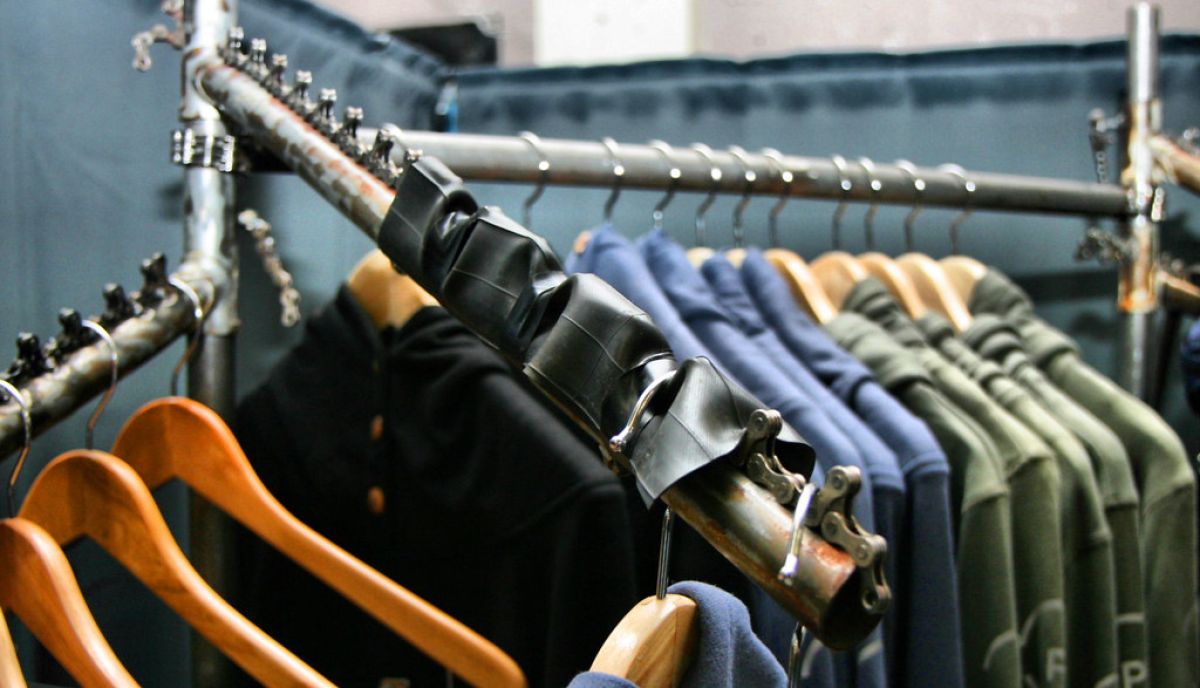Do peer-to-peer shopping sites perpetuate the Fast Fashion industry?

We all know the negatives of fast fashion. In fact, according to the Fixing Fashion Report textile production contributes more to climate change than international shipping and aviation combined. It also consumes lake sized volumes of fresh water and creates chemical and plastic pollution.
In the UK we buy more clothes per person than any other country in Europe. With websites certain encouraging over-consumption by constantly offering 20% off or free next day delivery, it is becoming increasingly difficult to resist the temptation to buy a new outfit for every occasion, thus excessive waste is generated.
But that’s OK right? You can just sell your new outfits online once you’ve worn them. Although online peer-to-peer second hand fashion marketplaces aim to encourage users to recycle their unwanted clothes by selling them on, in actual fact could they be helping to fuel the fast fashion industry?
One argument is that they are stopping people from giving their clothes to charity shops (which help people who are actually in need). These sites could also be seen to reinforce the idea that its okay to buy something that you know you’re only going to wear once, because you can just sell it to someone else afterwards and maybe make a bit of profit on it.
Countless items listed on peer-to-peer selling sites are listed as ‘only worn once’ or ‘new with tags’, suggesting that people scroll through fashion websites buying a multitude of outfits, without a second thought to whether they will actually ever wear them. If people don’t like them when they arrive or they don’t fit, then they can easily sell them online. Could it be that the rise in peer-to-peer selling has only helped to promote a culture of over consumption and waste?
Not only is this culture of consumerism in the age of fast fashion detrimental to the environment, it also means that in order to keep prices low to entice buyers, workers get paid pitiful wages, with a report by Channel 4’s dispatches claiming that workers in factories that supply to a number of well-known UK Fashion chains are paid as little as £3 an hour.
The desire to feed into the social media illusion of decadence and wealth has made it almost impossible to be seen wearing an outfit more than once. Many people have a fear of being seen in an outfit more than once and subscribe to the idea that you must be seen to have a wardrobe that seems to be endlessly increasing with no room for last years (or last months, or some in cases yesterdays) rags. In our absolutely bizarre world it is okay, and even encouraged, to get rid of outfits after one or two wears.
If we are to stop the Fast Fashion industry from continuing to impact the environment on a mass scale, it is imperative that we change our attitudes to clothes, seeing them not as disposable or sellable items, but as an investment that should be bought in moderation and that should be treasured and worn for years to come.







